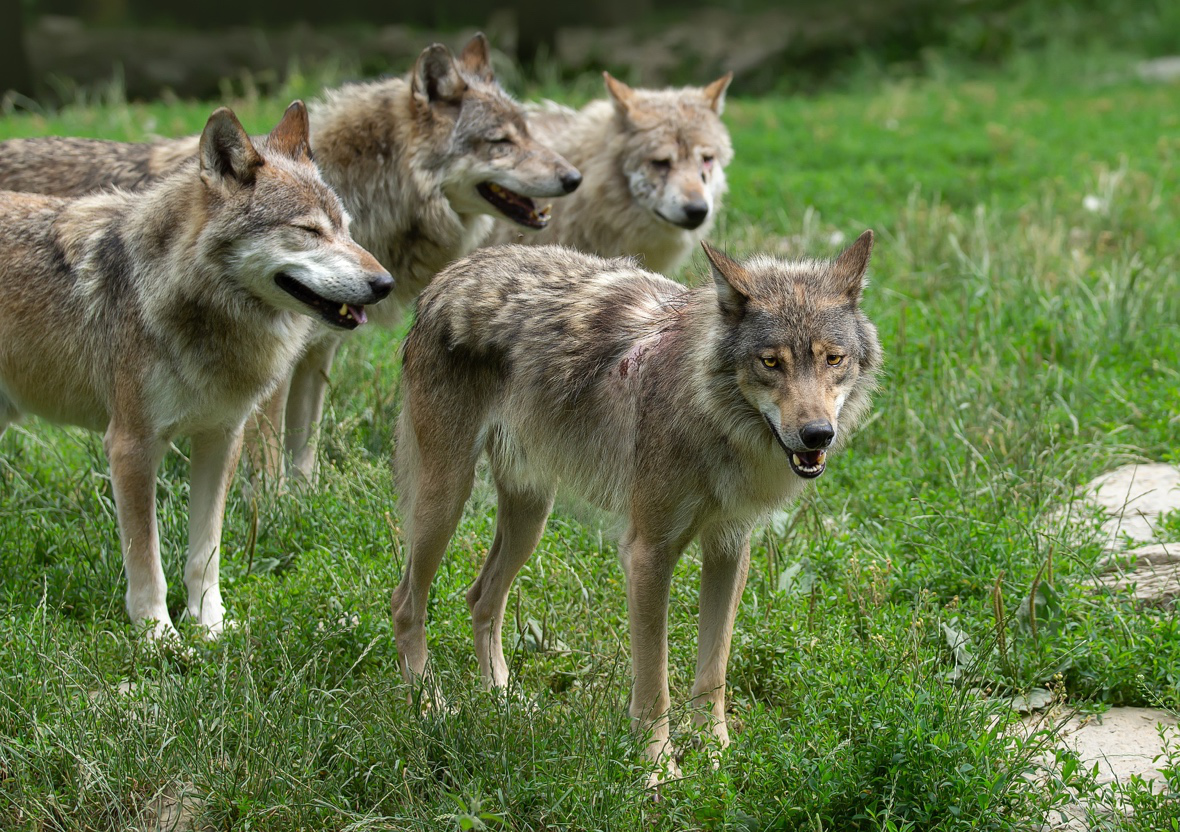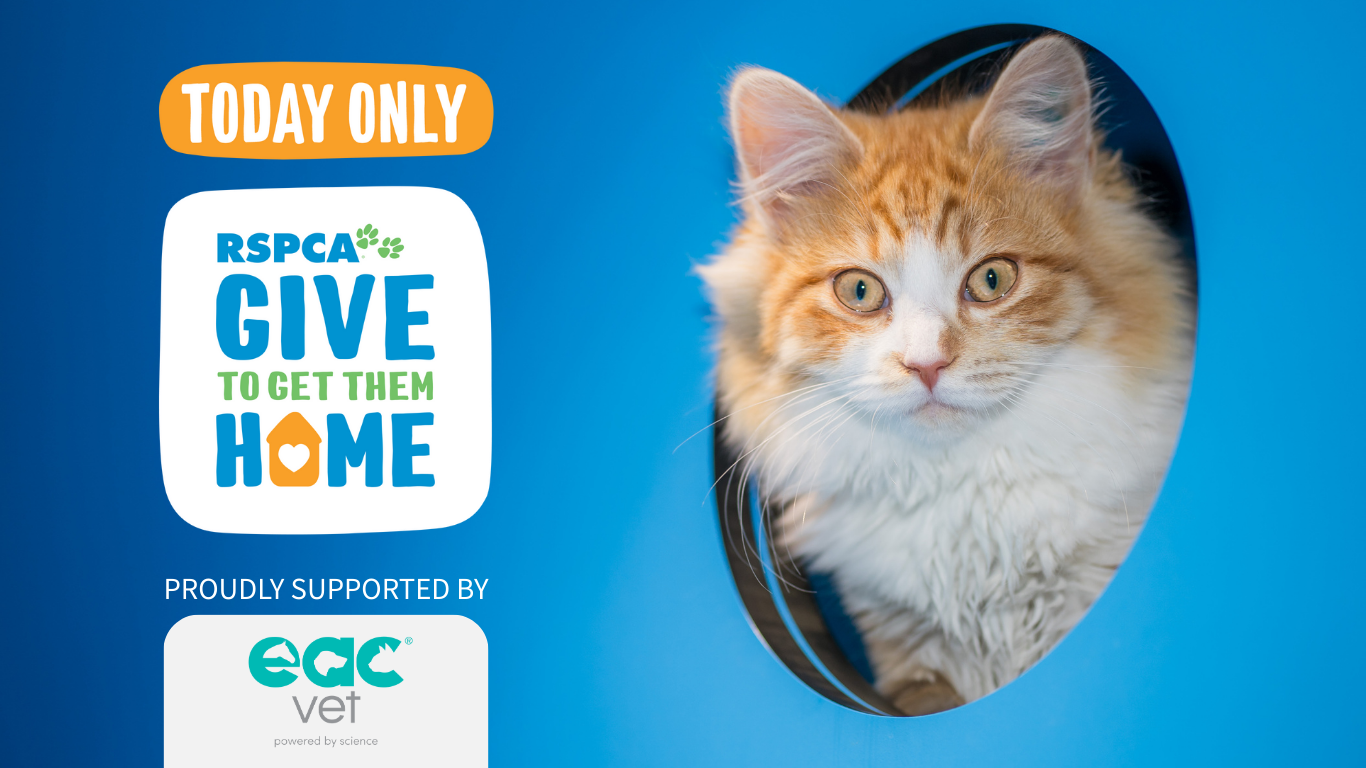You’ve probably heard of dominance theory in relation to our interactions with our pet dogs. Dominance theory asserts the need to “be the pack leader” or “be dominant over your dog” so they know their place in the pack hierarchy (their family).
But did you know that dominance theory has been debunked and that a new scientific understanding of our canine companions has revolutionised the way we teach and train them?
Why is Dominance Theory no longer relevant?Dominance theory came out of research conducted on captive wolves back in the 1930’s and 1940’s. In a captive environment, with limited access to resources, the wolves fought and formed a dominance hierarchy with the alpha wolf on top.
This research was extrapolated to wild living wolves and then to dogs. The reasoning being that dogs descended from wolves so dog owners had to dominate their dogs to make them behave.

Thanks to more recent research we now know that wild living wolves do not form hierarchies, rather they live as a family unit. Further, our understanding of dog behaviour, learning, cognition and their interactions with us has advance considerably thanks to the explosion of canine science over the past two decades.
We now know that dogs are very different to wolves in terms of their behaviour. So if our dogs are not constantly striving to be the pack leader, what is motivating their behaviour? The answer is consequences.
Behaviour is driven by consequences
Our dogs’ behaviour, just like ours and every other living thing on the planet, is motivated by consequences. Behaviours that result in a desirable outcome for the dog are more likely to be repeated, whereas behaviours that result in an unpleasant outcome are more likely to be modified or supressed. Behaviours that maintain or increase in behaviour must be reinforcing to the dog or they wouldn’t continue.
For example, jumping up on people often has the consequence of attention (e.g. patting, talking to the dog, pushing them away, telling them off). Even negative attention can still reinforce (reward) a behaviour it follows because, to the dog, it’s better than nothing! Similarly, some dogs learn to bark at the back door because the consequence is that their owner lets them inside to stop the barking. The dog wanted to come inside and learned, through previous experience, that barking often made this happen.

Another classic example when it comes to dogs is poor recall (not coming when called, especially when off lead at the park). We teach our dogs not to come when we call them because when they do come we clip their lead on and take them home away from the fun, freedom, wonderful smells and sights of the park.
This is an undesired consequence for our dogs and it punishes the behaviour of coming when called. Instead, teach your dog that the consequences for coming when called are wonderful – give them treats, praise and let them go off and explore again a couple of times before clipping on the lead and heading home. When you do attach the lead ensure you give praise and treats again.
This will help to teach your dog that coming when called at the park has very desirable consequences and will make your dog more likely to repeat the behaviour in future.
Getting the best behaviour from your dog
When it comes to getting better behaviour from your dog, the key is to teach them that behaviour you want to see more of is highly reinforcing (rewarding). Every interaction you have with your dog is a learning opportunity for you both. Be mindful that every time you give your dog something they value, such as food, a treat, attention, a toy etc., you are reinforcing whatever behaviour happened immediately beforehand.
By taking notice and consistently providing desired consequences for behaviour you’d like to see more of you will notice that your dog will begin to offer these behaviours more frequently.

This is easier said than done when it comes to some of the more problematic behaviours such as fear aggression towards people or other dogs and separation anxiety. It’s advised that you seek professional help with these kinds of issues to ensure they are being addressed appropriately.
What else affects behaviour?
Other factors such as genes, health, nutrition and the environment also play a role in the expression of behaviour. If you notice any sudden changes in your dog’s behaviour it’s important to have them checked over by your veterinarian to treat, or rule out, a medical cause.
Ensuring you provide your dog with a nutritious and appropriate diet, adequate exercise, mental stimulation and environmental enrichment is important (read more about how to provide your dog with enrichment here).
Recent research is also shining a light on the amazing link between gut health and general health and behaviour in humans and animals. Supporting your pet’s gut can help to optimise their physical and psychological health and products such as Inside-Out Pet Care are specially formulated for pets to support gut health (read more about gut health in pets here).
Understanding that it’s consequences, not the desire to be the “pack leader”, that drives your dog’s behaviour empowers you to work to improve their behaviour by simply providing desired consequences for those behaviours you want to see more of.
References
The American Veterinary Society of Animal Behavior (AVSAB) Position Statement on The Use of Dominance Theory in Behavior Modification of Animals.
Steinker, A. (2007). Terminology Think Tank: Social dominance theory as it relates to dogs, Journal of Veterinary Behavior 2, 137-140.
John W.S. et. al, (2009). Dominance in domestic dogs -- useful construct or bad habit? Journal of Veterinary Behavior: Clinical Applications and Research, 135-144.
Mech, D. L. (1999). Alpha status, dominance, and division of labor in wolf packs.





